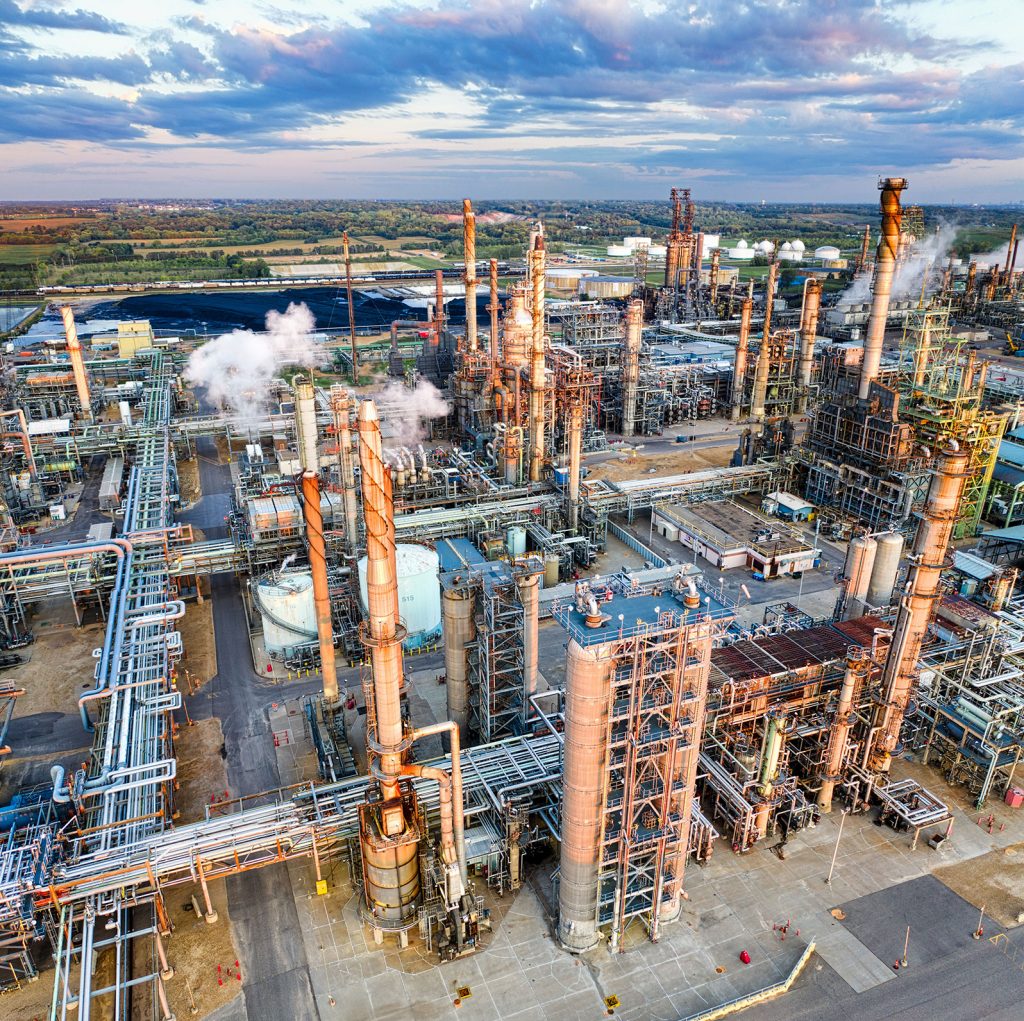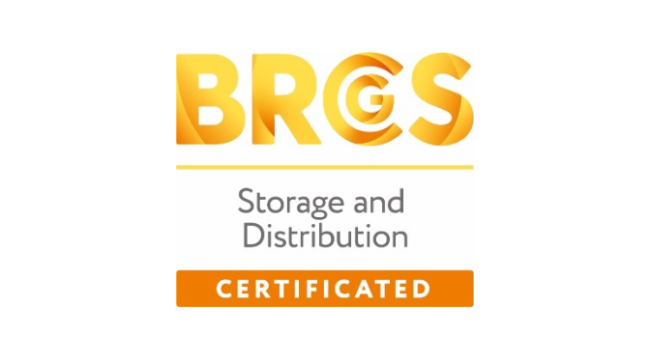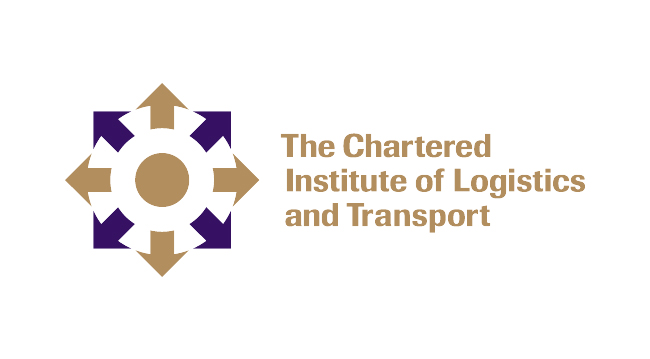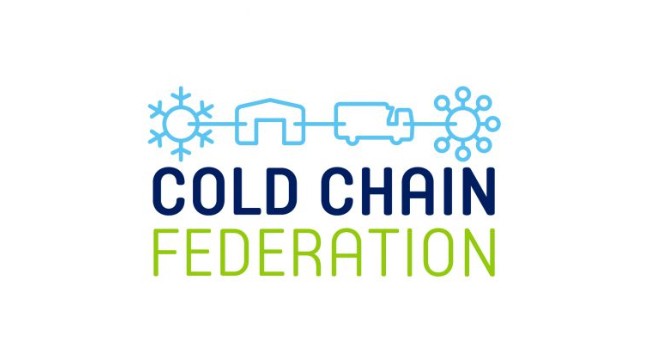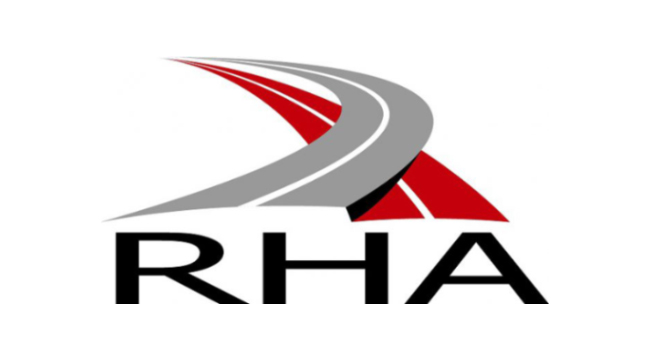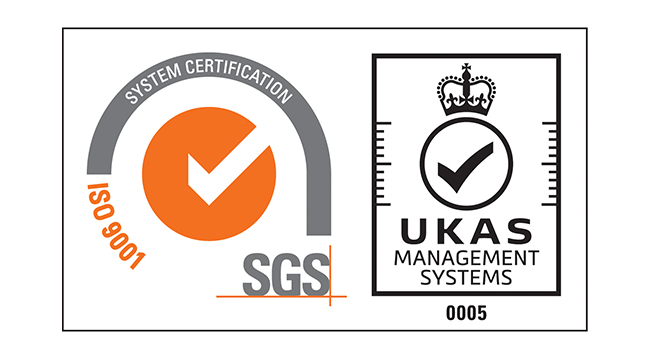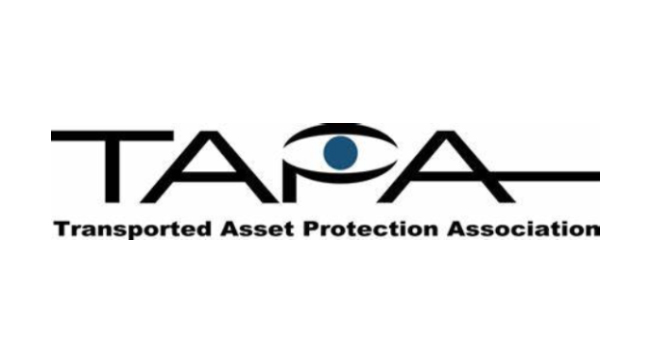What are the significant challenges the logistics sector is facing today?

The last 2 years have had a more significant impact on the cost of logistics than at any other time in the last 40 years.
- Brexit
- Covid
- Employee shortage
- War in Ukraine
Outside the current situation with the war in the Ukraine, the logistics sector has already faced considerable challenges: ongoing labour issues, delays in the delivery of new truck/trailers, component parts supply issues (in part because of electronic chip shortages), tyres, ad-blue, red derv stopping in the UK 1/4/2022. All of these will add to costs in the coming months.
Looking at each of the key points in a little more detail:
Brexit
Much of the initial uncertainty has settled-down since the onset of all the changes to the procedures; and although operations, in the main, now run without too many problems, the cost of Brexit has been considerable, and will continue to be so. Unavoidable additional administration charges have added considerably to the overall cost of transport. The delays and increased time in shipping in and out of the UK have also added to the cost of each movement.
Covid
Covid created many challenges for the logistics sector. Looking at the ongoing effects of Covid on the sector, it seems that the shortages of equipment into the sector are driven in part because of the shortage of electronic chips, but are also as a direct effect Covid has had on production lines. Breaking the supply chain by stopping the usual, vital linking of movements worldwide on shipping containers, as well as their reduced availability, have all added to the ongoing problems of truck supply and the supply of components essential in their manufacturing process.
It’s very hard to put an actual cost on this disruption, as you currently cannot order most makes of new trucks and their prices are in a constant state of flux. Changing truck manufacturers will not set prices but at today’s projections, in 3 years the cost of a brand-new truck will have increased by 45%.
Key components for a truck such as clutch, alternator etc. would normally be available on the shelf or next day delivery, but in the case of a clutch, for example, we have been quoted up to 14 days. The resultant down-time for any tuck undergoing repair and awaiting such a component will therefore increase, adding more strain on the already overburdened supply-chain.
Employee shortage
We are a service industry, and can obviously not operate without truck drivers. Before Brexit/Covid, the UK had been struggling for HGV drivers. The industry hadn’t been attracting sufficient people for many years. Consequently, the past year has seen a much-publicised increase in drivers’ salaries, rising far more than the general rates in other employment sectors, and this is being fuelled by the shortages.
The impact of this driver shortage, and the importance of the haulage sector generally, has really hit home with normal households, manifesting on a national scale as empty shelves in supermarkets and fuel shortages on garage forecourts. With loads not being collected as there were no drivers to drive the trucks, everyone in the country has been negatively affected by the subsequent supply-chain failings in an unprecedented way.
Over the past fifteen years, the UK has become dependent on drivers from the EU. After Brexit, many of these drivers did initially “go home”. However, the good news is, we have seen some drivers returning this year.
Costs that have incurred above-average increases:
Adblue
This is a diesel exhaust fluid used to reduce harmful gas emissions. A Euro6 truck cannot operate without it.
Red Derv/gasoil
We use this in the refrigerated trailer. Red derv attracted a lower tax rate, being about 40% less than white derv. The UK government have stopped the use of gasoil from 1/4/2022.
Diesel
Since the big drop in fuel prices during Covid in 2020, the price has been steadily increasing. A general shortage of supplies world-wide caused oil prices to increase. As the world economy re-started after Covid, oil prices continued to increase.
On the 1/3/2021, one litre of white derv cost 97p + VAT. This had increased over the last year when prices dropped due to Covid and were at 88p + VAT.
During 2021 prices continued to increase ending the year at £1.13 + VAT.
Since the start of the war in the Ukraine, world oil prices have increased considerably, with prices next week hitting £1.40 + VAT. An unprecedented jump in one week!

Services
We operate in a low-margin industry, and consequently any cost rises can be a deal-breaker. Of course, price is an essential factor, but a constantly fluid cost base can often mean that rates change daily, meaning catching the best deal can often be a challenge. However, where service levels are critical, the ability to provide a high quality of service has become the key, overriding focus.
With all our key customers, despite the many challenges, we have been able to meet and maintain our usual service levels, in most cases exceeding them. We have been able to manage our business to keep our costs down as much as possible, only passing on those costs that we are not able to absorb by improvements to our operation.
